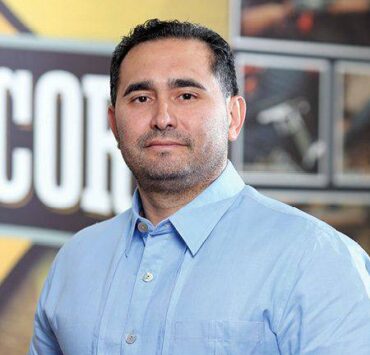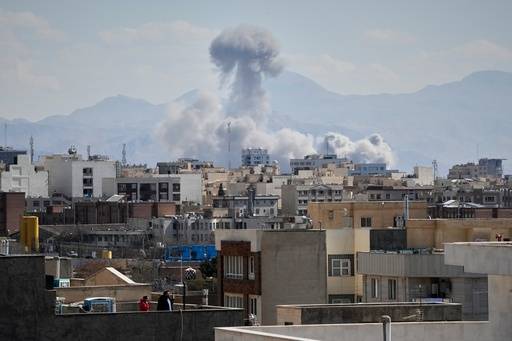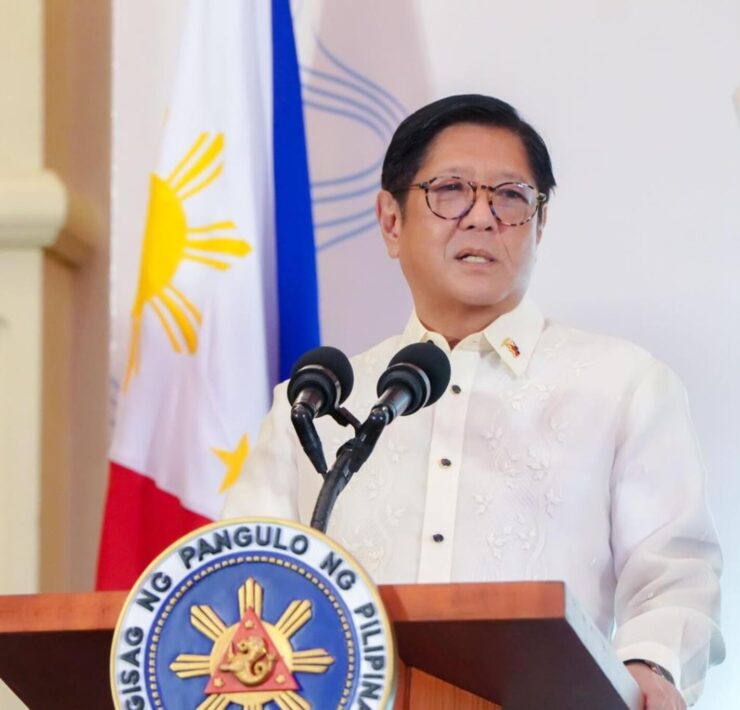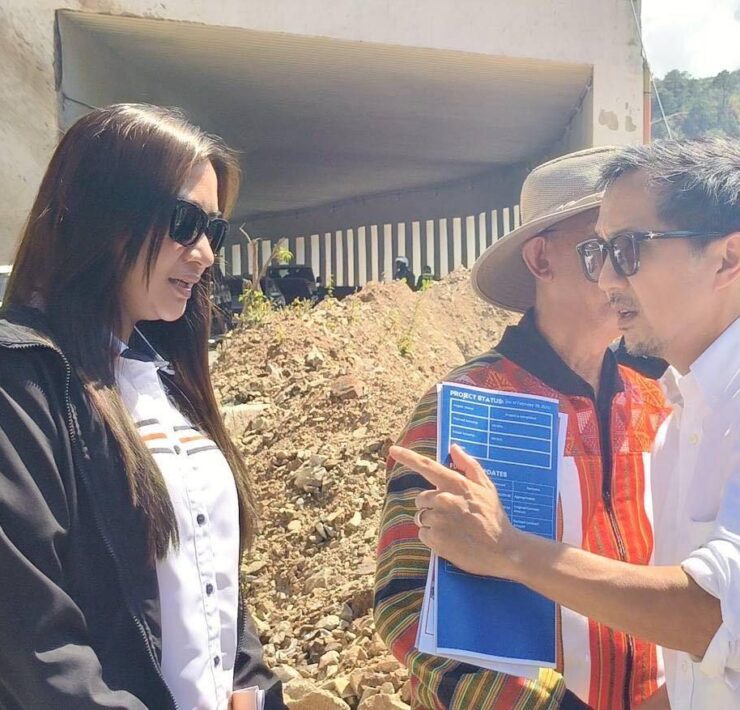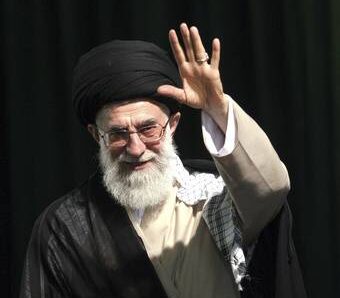Enrile laid to rest at Libingan
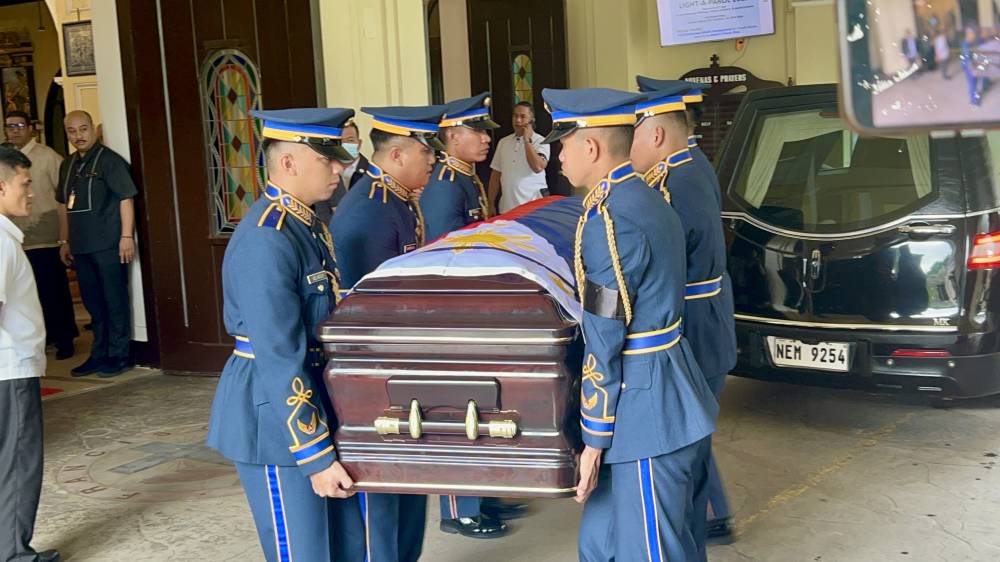
Former Senate President and chief presidential legal counsel Juan Ponce Enrile was accorded full military honors on Saturday as he was laid to rest at Libingan ng mga Bayani (LNMB) in Taguig City.
State honors were conferred on Enrile, who died on Nov. 13 at the age of 101, amid strong objections from activist groups who considered a “hero’s burial” for the architect of martial law during the first Marcos administration as yet another attempt to rewrite history.
The morning rites included departure honors for the deceased, a marching parade, an aerial flower drop, and a 21-gun salute—the highest honor reserved for Filipino statesmen and World War II veterans.
Among those who came to pay their last respects were Defense Secretary Gilbert Teodoro Jr., Health Secretary Teodoro Herbosa, former Sen. Gregorio “Gringo” Honasan II, and former Interior Secretary Rafael Alunan III.
Family members, among them Enrile’s children Katrina, the current chief executive and administrator of the Cagayan Economic Zone Authority; and Jack, a former Cagayan congressman, wept as the casket was lowered to the ground. A marching band played Pilita Corrales’ “Usahay,” one of Enrile’s favorite songs.
A funeral Mass, attended by family members, colleagues, and friends, was held at the Santuario de San Antonio Church in Makati City before the burial.Uniformed personnel stood in formation outside the church as the flag-draped casket was carried out.
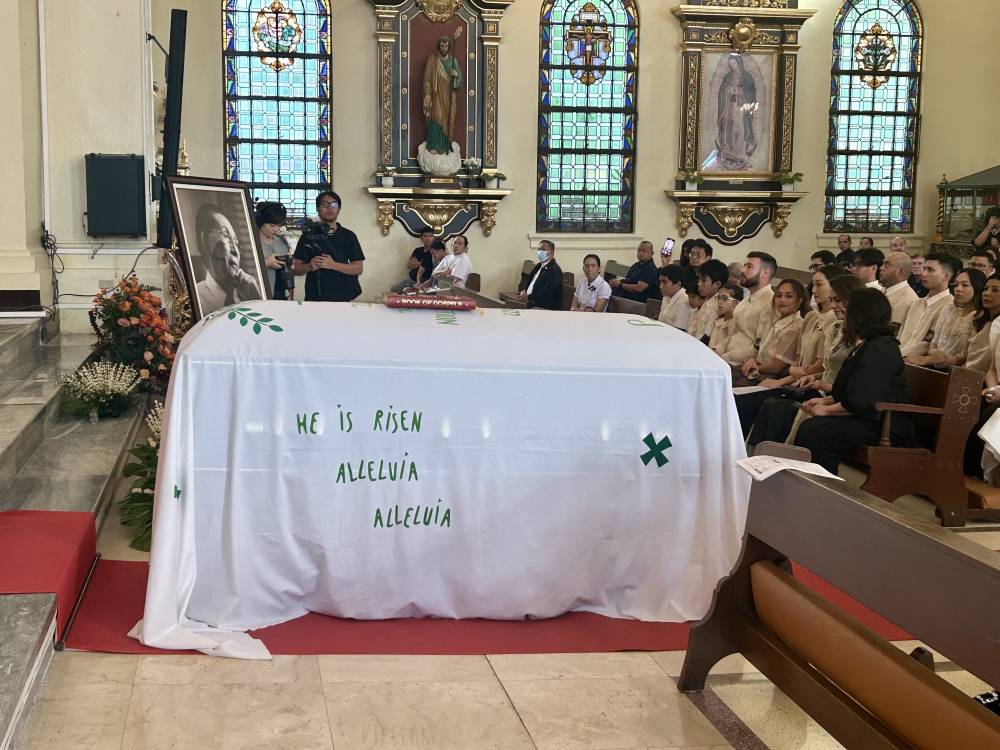
Enrile’s last public post was chief legal counsel of President Marcos, the son of the late strongman Ferdinand Sr., whom he had served as defense minister before breaking away and triggering the 1986 Edsa People Power Revolution that ended the dictatorship.
Parallels
It was the final twist in a government career spanning six decades, which also included multiple terms as a lawmaker, charges of rebellion and plunder from which he was later cleared, and eventual reconciliation with the Marcoses.
Survivors of martial law atrocities chose not to fall silent on the day of his burial.
They cited a parallel between Saturday’s rites for Enrile and the hushed transfer of the elder Marcos’ remains from Ilocos Norte to LNMB in November 2016. The controversial transfer was approved by then President Rodrigo Duterte, its legality upheld by the Supreme Court in August 2017.
The group Carmma, or Campaign against the Return of the Marcoses and Martial Law, said “Enrile’s legacy is defined by lies, deception, and a complete lack of integrity—qualities unworthy of honor. His death will never erase this antipeople legacy.”
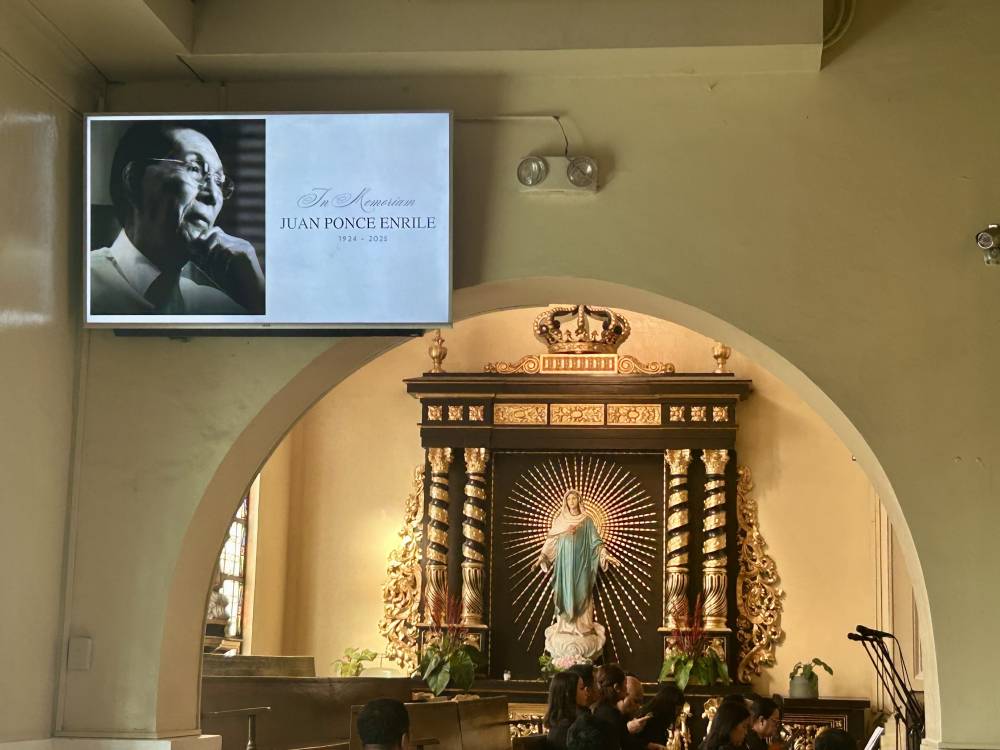
“Enrile’s burial at the Libingan ng mga Bayani is less a matter of his place of interment than the vicious rewriting of history,” added Selda, or Samahan ng Ex-Detainees Laban sa Detensyon at Aresto.
Last week, a group of nearly 70 organizations issued a joint statement denouncing Enrile’s internment at LNMB as a form of “gross injustice.”
“Enrile was no ordinary technocrat or politician. His sins against the Filipino nation and his legacy of impunity had inflicted an immeasurable damage to so many of our countrymen. He never paid for these sins. Neither did he apologize for any of them,” the joint statement said.
‘Wrong message’
The signatories included Project Gunita, a group formed after the 2022 elections to help document the martial law years.
According full military honors to Enrile would send the “wrong message” that “crime pays, that the corrupt and the powerful can always escape punishment, that murder and corruption would be rebranded in death as ‘heroism’—while so many of their victims continue to endure pain and injustice.”
Amnesty International put the number of human rights violations during martial law at more than 107,000 and the extrajudicial killings at 3,240. —With reports from Luisa Cabato and PNA















